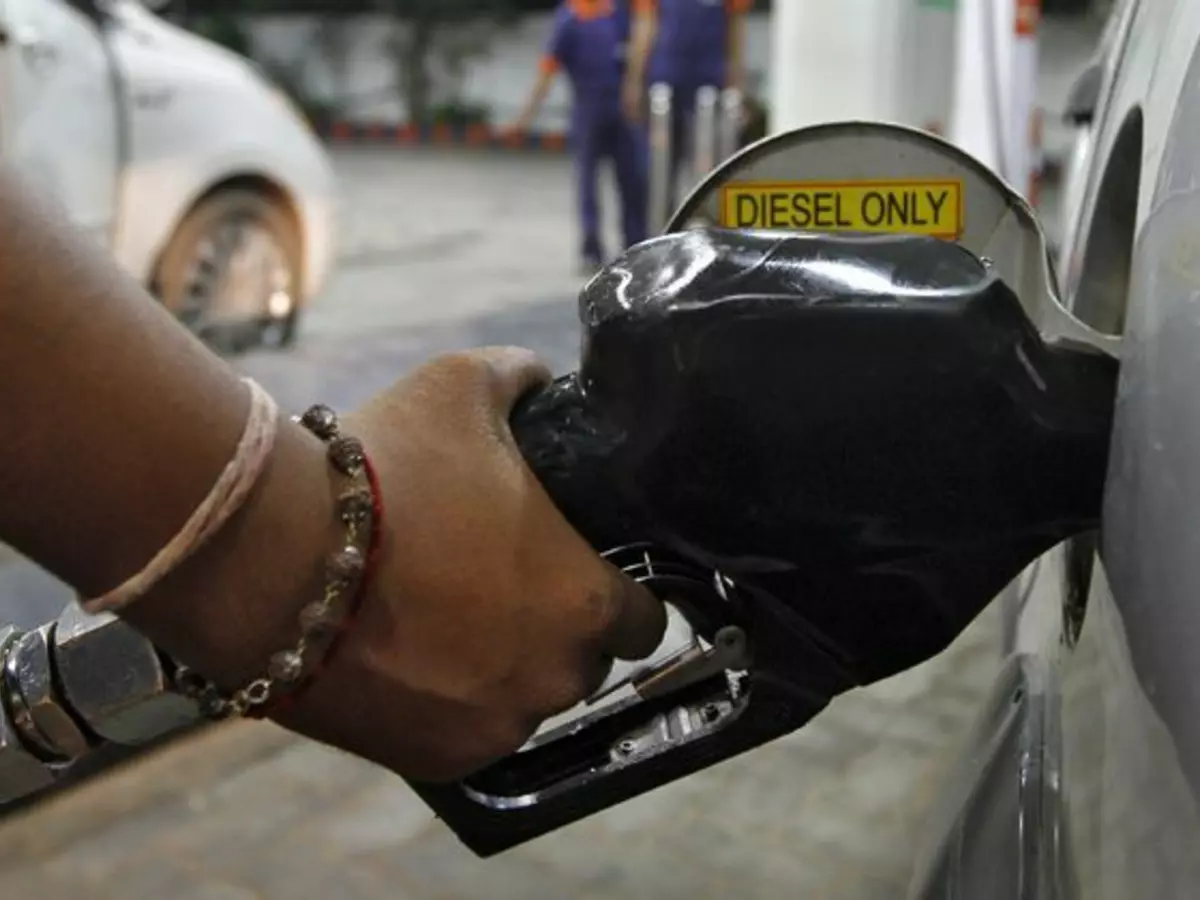While You Were Busy Making And Breaking New Year Resolutions, Diesel Price Shot Up To Rs 60/Litre In Delhi
"It's not just the Centre that taxes fuels. States also benefit from tax on petrol and diesel. The Centre has reduced excise by Rs 2 a litre. States should show their concern by reducing VAT (value added tax)," he said.

On a day diesel price flared up to an all-time high in Delhi and international benchmark crude topped $68 a barrel ¡ª the highest since May 2015 ¡ª oil minister Dharmendra Pradhan on Tuesday said the onus of providing relief to consumers lay with state governments.
"It's not just the Centre that taxes fuels. States also benefit from tax on petrol and diesel. The Centre has reduced excise by Rs 2 a litre. States should show their concern by reducing VAT (value added tax)," he said.

Reuters/Representational Image
Crude's relentless rise has pushed pump prices to record levels in many cities, with diesel hitting its highest-ever at Rs 60.66 in Delhi. Petrol price too shot up to Rs 70.53 a litre. The main reason is the relentless rise in global oil prices. Brent crude, the international benchmark, was up 35 cents at $68.13 a barrel after touching $68.29. US benchmark WTI also rose 47 cents to $62.20 to reach its highest since May 2015.
ALSO READ: While Petrol Diesel Gets Costly, 500 Lakh Litres Of Crude Stolen From India's Largest Oilfield

Reuters/Representational Image
tandem, the mix of crude purchased by India has also become costlier, averaging $62.29 per barrel in December. This is likely to shoot beyond $63.82 seen in May 2015. The rising pump prices are bringing back into public focus the Centre's move of cumulatively raising excise duty on petrol by Rs 11.77 per litre and diesel by Rs 13.47 a litre between November 2014 and January 2016 during oil's low run.
ALSO READ: Why Are Petrol And Diesel Prices Increasing Despite The Fall Of Crude Prices?

BCCL/Representational Image
Gujarat, Maharashtra, HP, MP and Uttarakhand had pruned VAT soon after the Centre cut excise duty on October 3. But others have refused to budge. Consumers have steadily been paying more for fuels since August last year as global oil prices started heading north as a production cut deal between Opec and other major producers such as Russia takes root on 2018 extension.
